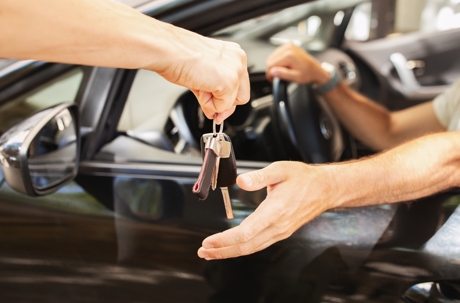Car owners in California may face serious legal consequences even if they were not behind the wheel during an accident. If they allow someone unfit to drive their vehicle and that person causes harm, the owner could be liable under a legal principle known as negligent entrustment. At the Law Offices of Ali Taheripour, we help injury victims throughout Woodland Hills, Los Angeles, and across California understand and pursue their rights under negligent entrustment laws.
Understanding Negligent Entrustment in California
What Is Negligent Entrustment?
Negligent entrustment occurs when someone allows another person to operate their vehicle, despite knowing—or having reason to know—that the individual is unfit or incompetent to drive. This form of liability is grounded in the owner's own negligence, rather than the driver's actions alone.
Legal Elements of Negligent Entrustment
A civil claim for negligent entrustment in California has numerous elements:
- The driver was negligent in operating the vehicle
- The defendant owned or had possession of the vehicle
- The defendant knew or should have known the driver was incompetent or unfit to drive
- The defendant gave permission for the driver to use the vehicle
- The driver’s incompetence substantially contributed to the plaintiff’s harm
Frequently Asked Questions About Negligent Entrustment in California
What Are Examples of Negligent Entrustment?
Negligent entrustment scenarios can include:
- A parent knowingly co-signs a car loan for a child with a seizure disorder
- A friend lends their vehicle to someone under the influence of alcohol or drugs
- An employer gives a company vehicle to an employee without making a reasonable inquiry if they had a valid driver’s license
What Damages Can Be Recovered?
If a car owner is found liable for negligent entrustment in California, they may be held financially responsible for a range of damages, including:
- Medical expenses
- Lost wages
- Pain and suffering
- Property damage
What If the Owner Denies Giving Permission?
Permission does not have to be express. Courts may infer implied permission based on many factors, including but not limited to:
- The relationship between the owner and the driver (e.g., spouses, parents, roommates)
- The location of the vehicle’s keys
- The owner’s knowledge of the driver’s past use of the vehicle
- Whether the driver was living with the owner
Get Legal Help with a Negligent Entrustment Claim
If you or a loved one was injured due to someone driving a negligently entrusted vehicle, you may be entitled to compensation. The Law Offices of Ali Taheripour is here to help you understand your rights and pursue the justice you deserve. We serve clients in Woodland Hills, Los Angeles, and across California.
Contact us today to schedule a consultation.

